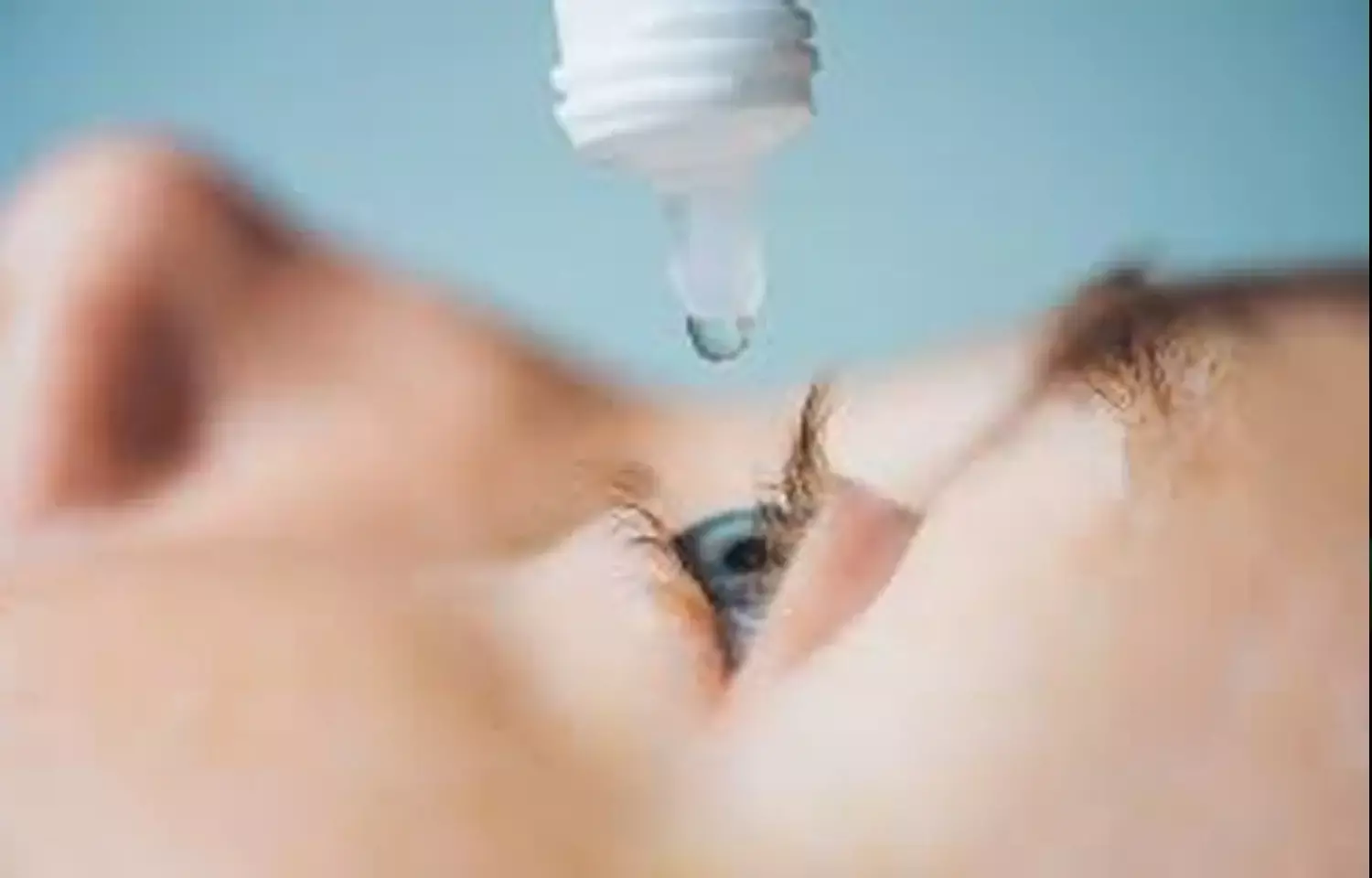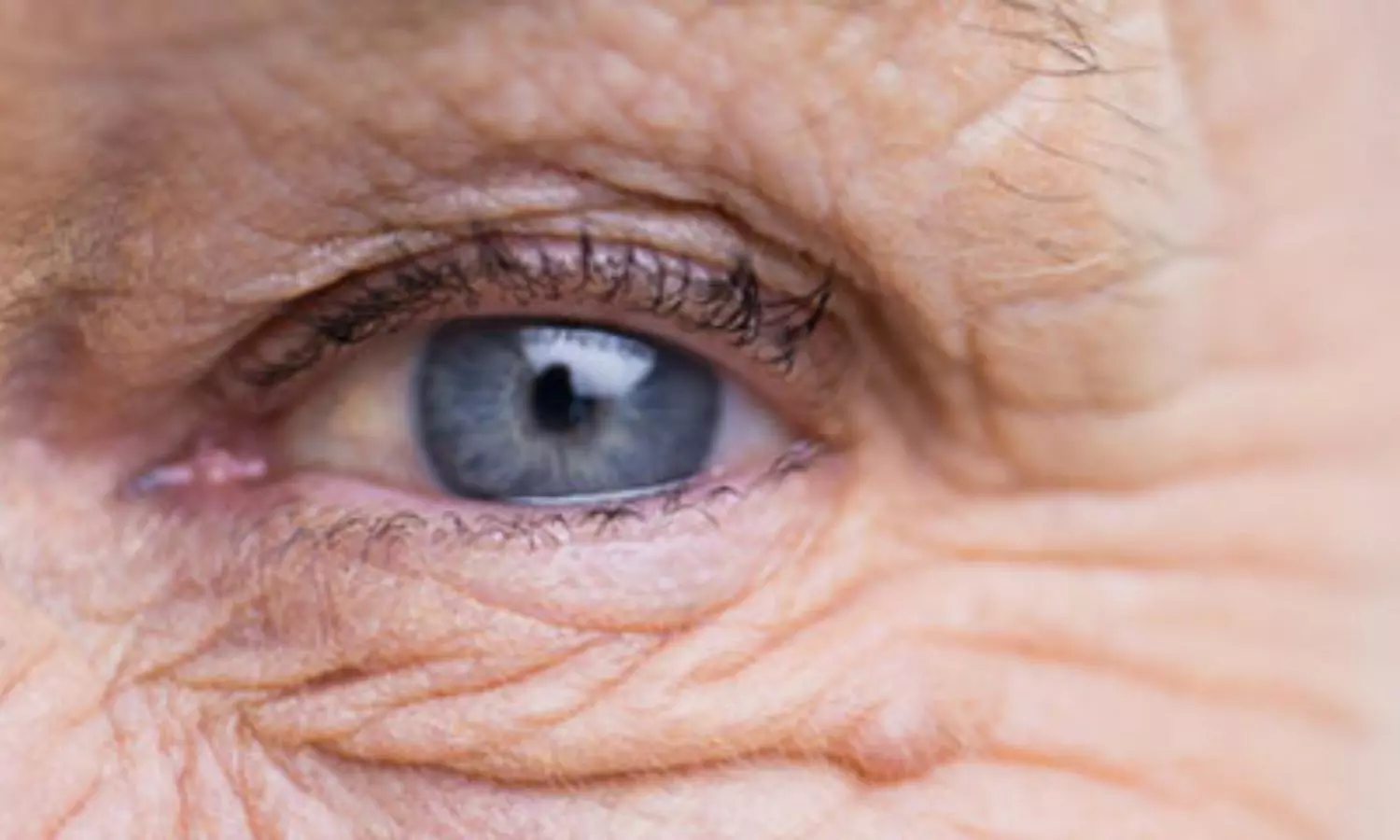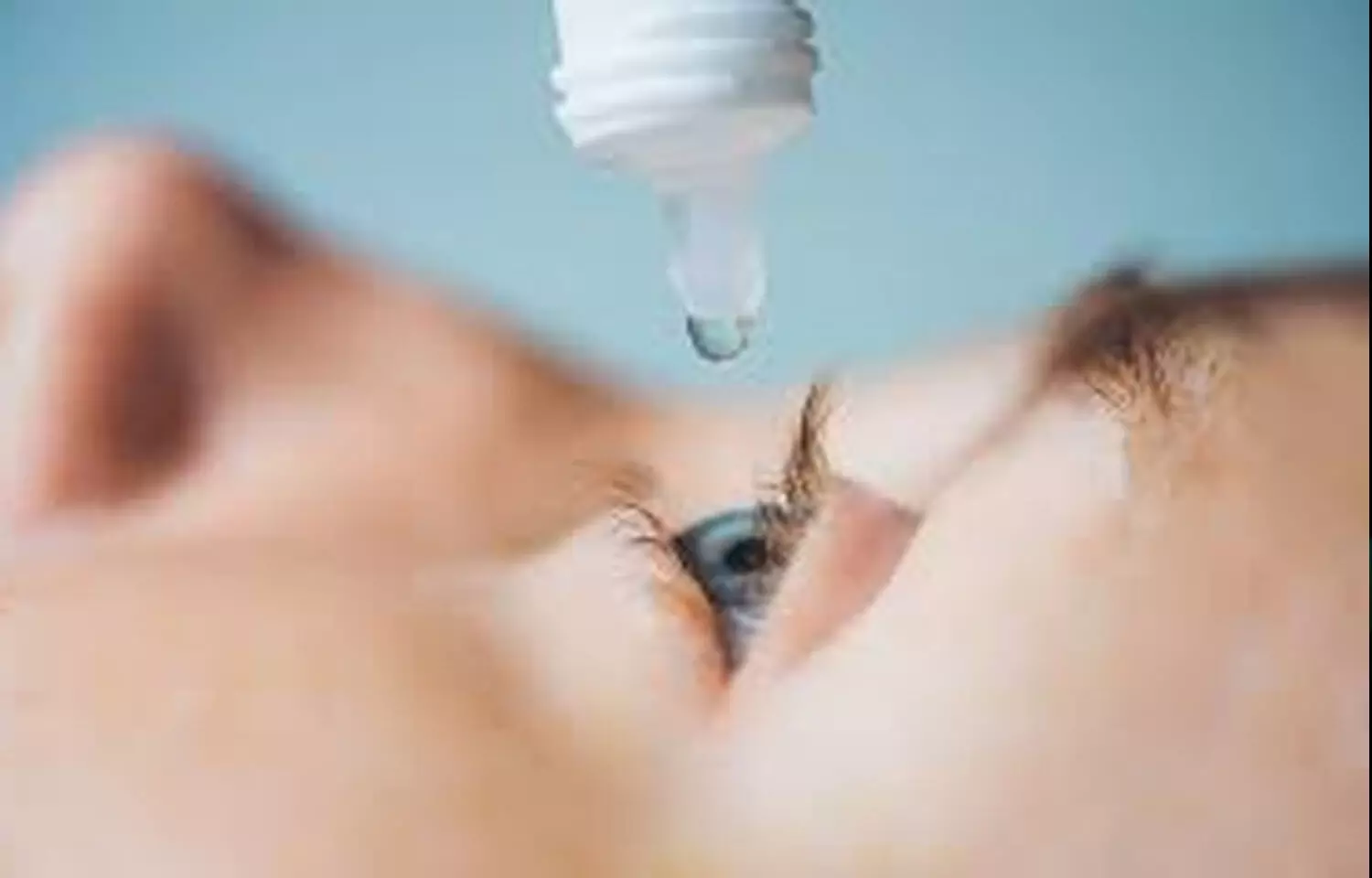- Home
- Medical news & Guidelines
- Anesthesiology
- Cardiology and CTVS
- Critical Care
- Dentistry
- Dermatology
- Diabetes and Endocrinology
- ENT
- Gastroenterology
- Medicine
- Nephrology
- Neurology
- Obstretics-Gynaecology
- Oncology
- Ophthalmology
- Orthopaedics
- Pediatrics-Neonatology
- Psychiatry
- Pulmonology
- Radiology
- Surgery
- Urology
- Laboratory Medicine
- Diet
- Nursing
- Paramedical
- Physiotherapy
- Health news
- Fact Check
- Bone Health Fact Check
- Brain Health Fact Check
- Cancer Related Fact Check
- Child Care Fact Check
- Dental and oral health fact check
- Diabetes and metabolic health fact check
- Diet and Nutrition Fact Check
- Eye and ENT Care Fact Check
- Fitness fact check
- Gut health fact check
- Heart health fact check
- Kidney health fact check
- Medical education fact check
- Men's health fact check
- Respiratory fact check
- Skin and hair care fact check
- Vaccine and Immunization fact check
- Women's health fact check
- AYUSH
- State News
- Andaman and Nicobar Islands
- Andhra Pradesh
- Arunachal Pradesh
- Assam
- Bihar
- Chandigarh
- Chattisgarh
- Dadra and Nagar Haveli
- Daman and Diu
- Delhi
- Goa
- Gujarat
- Haryana
- Himachal Pradesh
- Jammu & Kashmir
- Jharkhand
- Karnataka
- Kerala
- Ladakh
- Lakshadweep
- Madhya Pradesh
- Maharashtra
- Manipur
- Meghalaya
- Mizoram
- Nagaland
- Odisha
- Puducherry
- Punjab
- Rajasthan
- Sikkim
- Tamil Nadu
- Telangana
- Tripura
- Uttar Pradesh
- Uttrakhand
- West Bengal
- Medical Education
- Industry
Topical Atropine safe and effective for Childhood Myopia Control, Reveals Landmark Study

A comprehensive study evaluating the extended outcomes of topical atropine eye drops for childhood myopia control has shed light on its long-term safety and efficacy. The prospective, double-masked observational study, stemming from the Atropine for the Treatment of Myopia (ATOM) 1 and ATOM2 randomized clinical trials, delved into the effects of short-term atropine use during childhood throughout 10 to 20 years. The study found that the use of short-term topical atropine eye drops did not alter the final refractive errors 10 to 20 years after treatment.
The study results were published in the journal JAMA Ophthalmology.
Clinical trials exploring the efficacy of topical atropine eye drops for childhood myopia control have revealed varied outcomes in short-term studies, lacking sufficient data on long-term safety or other critical outcomes. Hence, researchers conducted a study to report the long-term safety and outcomes of topical atropine for childhood myopia control.
The study encompassed participants from the ATOM1 study (atropine 1% vs placebo; 1999 through 2003) and the ATOM2 study (atropine 0.01% vs 0.1% vs 0.5%; 2006 through 2012), with evaluations conducted in 2021 through 2022. The primary focus was on assessing the change in cycloplegic spherical equivalent (SE) with axial length (AL) and monitoring the incidence of ocular complications.
Results:
- The research team examined 71 participants from the ATOM1 study and 158 from the ATOM2 study, with baseline characteristics representative of the original cohorts.
- The results demonstrated that, on long-term evaluation, short-term topical atropine use during childhood (ranging from 0.01% to 1.0% for 2 to 4 years) did not lead to significant differences in final refractive errors 10 to 20 years post-treatment.
- In the ATOM1 participants, the refractive errors and axial lengths were comparable between the 1% atropine-treated group and the placebo group.
- Similarly, in ATOM2 participants across varying atropine concentrations (0.01%, 0.1%, and 0.5%), there were no significant differences in the outcomes.
Crucially, the study also addressed safety concerns, revealing no increased incidence of treatment or myopia-related ocular complications in the 1% atropine-treated group compared to the placebo group. The findings have significant implications for the design of future clinical trials targeting childhood myopia control, emphasizing the need for further research to delve into the optimal duration and concentration of atropine for effective and safe outcomes. This landmark study provides valuable insights into the long-term implications of atropine use in childhood myopia management, paving the way for more informed approaches in addressing this prevalent vision concern.
Further reading: Li Y, Yip M, Ning Y, et al. Topical Atropine for Childhood Myopia Control: The Atropine Treatment Long-Term Assessment Study. JAMA Ophthalmol. Published online November 30, 2023. doi:10.1001/jamaophthalmol.2023.5467
BDS, MDS
Dr.Niharika Harsha B (BDS,MDS) completed her BDS from Govt Dental College, Hyderabad and MDS from Dr.NTR University of health sciences(Now Kaloji Rao University). She has 4 years of private dental practice and worked for 2 years as Consultant Oral Radiologist at a Dental Imaging Centre in Hyderabad. She worked as Research Assistant and scientific writer in the development of Oral Anti cancer screening device with her seniors. She has a deep intriguing wish in writing highly engaging, captivating and informative medical content for a wider audience. She can be contacted at editorial@medicaldialogues.in.
Dr Kamal Kant Kohli-MBBS, DTCD- a chest specialist with more than 30 years of practice and a flair for writing clinical articles, Dr Kamal Kant Kohli joined Medical Dialogues as a Chief Editor of Medical News. Besides writing articles, as an editor, he proofreads and verifies all the medical content published on Medical Dialogues including those coming from journals, studies,medical conferences,guidelines etc. Email: drkohli@medicaldialogues.in. Contact no. 011-43720751




